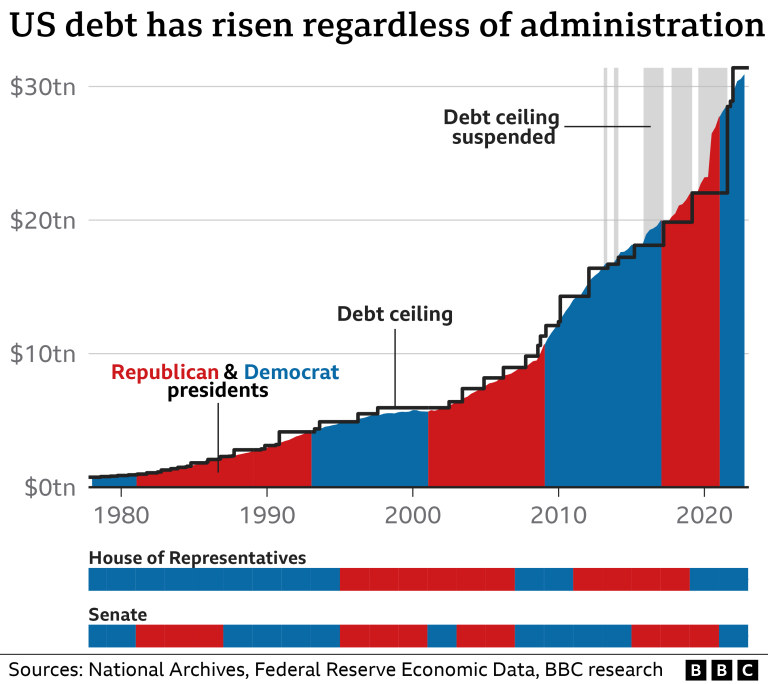
Impact of Tariffs on Hong Kong’s Freight Forwarding Industry
The 145% tariffs imposed by the US on Chinese imports have hit Hong Kong’s freight forwarding industry hard. These tariffs directly reduce the volume of goods shipped from Hong Kong to North America. In one week alone, 41% of container capacity scheduled from Hong Kong to North America’s west coast was canceled. This sharp decline in shipments disrupts the flow of goods and creates uncertainty for logistics companies.
The TAC Index, which tracks air freight trends, shows a 3.1% weekly drop in outbound routes from Hong Kong in the four weeks leading to April 28. Year-on-year, this represents a 3.6% decline. These numbers highlight the growing challenges for freight forwarders as they face reduced demand and higher costs.
Freight forwarding companies now deal with increased operational expenses, such as higher shipping fees and storage costs. These added costs squeeze profit margins, forcing companies to rethink their strategies. The ripple effect extends to related industries like manufacturing and retail, which must adjust to higher import costs and slower delivery times.
Hong Kong’s role as a “pass-through” hub makes it especially vulnerable. Many goods shipped through Hong Kong are destined for the US or China, and the trade war disrupts this flow. Companies like Freightos, a global freight booking platform, note that manufacturers with significant exposure to China-US trade are already cutting jobs or reducing costs to survive.
Economic Consequences for Hong Kong
The trade war’s impact on Hong Kong’s economy is significant. As a global logistics hub, Hong Kong relies heavily on trade between China and the US. The decline in freight forwarding activity threatens jobs in the logistics sector and beyond. Manufacturers with over 15% exposure to China-US trade are already slashing jobs or implementing cost-saving measures.
Hong Kong’s GDP could suffer as trade volumes shrink. The city’s position as a financial and logistics center is at risk if the trade war continues. Long-term effects may include shifts in global supply chains, with companies moving production to countries less affected by tariffs.
Government policies and interventions could help mitigate these effects. For example, Hong Kong could explore new trade agreements or partnerships to reduce its reliance on the US-China trade relationship. Diversifying trade routes and markets is another strategy to lessen the economic blow.
Investing in technology and infrastructure is crucial for maintaining Hong Kong’s competitive edge. Innovations like blockchain for supply chain transparency and efficiency can help logistics companies adapt to the changing trade landscape.
Industry Responses and Adaptation Strategies
Freight forwarding companies are adopting new strategies to survive the trade war. Many are diversifying their client base and exploring new markets to reduce dependency on US-China trade. Digital platforms like Freightos play a key role in helping companies find alternative shipping routes and navigate the complexities of the trade war.
Collaboration between freight forwarding companies and other logistics providers is increasing. By sharing resources and reducing costs, companies can better weather the economic storm. Maintaining strong relationships with clients and offering value-added services are also essential for retaining business.
Innovation is driving change in the logistics sector. Blockchain technology, for example, improves supply chain transparency and efficiency, helping companies adapt to the new trade environment. Partnerships with governments and international organizations can also support the industry by advocating for fair trade practices.
Future Outlook and Predictions
The future of Hong Kong’s freight forwarding industry depends on the outcome of the trade war. If the conflict continues, global trade patterns may shift, reducing Hong Kong’s role as a logistics hub. However, new trade agreements or partnerships could mitigate the impact and open up new opportunities.
Emerging markets offer potential for growth. Hong Kong could expand its influence in regions like Southeast Asia and Africa, where trade is less affected by the US-China conflict. Continued investment in infrastructure and technology will be crucial for maintaining Hong Kong’s competitive edge.
Flexibility and adaptability are key for freight forwarding companies. As geopolitical and economic uncertainties persist, companies must be ready to adjust their strategies and explore new opportunities. The industry’s resilience will determine its ability to recover and grow in the face of adversity.












